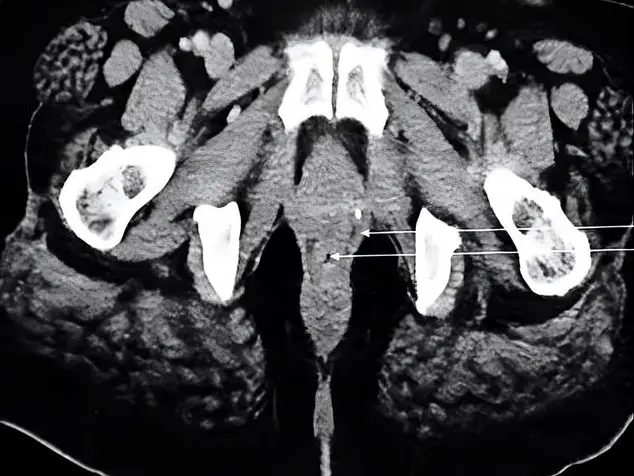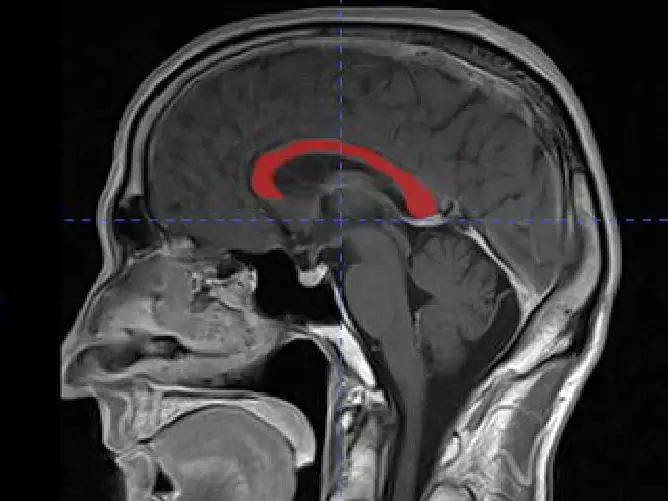Arsenic-induced carcinogenesis can result in cancers of the liver in exposed organisms. This study evaluated anticancer potentials of MLF1 and AMF1 extracted from Morinda lucida and Annona muicata leaves respectively in Sodium arsenite (SA)-induced toxicity in rats.
Sixty adult female rats were randomly divided into 12 groups (n = 5). Group 1 was control. Group 2 received 5-weeks administrations of 10 mg/kg bodyweight of SA. Groups 3-6 received SA-dose for 2 weeks followed by 3-weeks post-treatments with MLF1-doses and AMF1-doses respectively. Groups 7-10 received only 5-weeks administrations of MLF1-doses and AMF1-doses respectively. Groups 11 and 12 received 5-weeks co-administrations of SA-dose with high-doses of MLF1 and AMF1 respectively. Drugs/extracts were administered orally. Liver histo-pathology (Heamatoxylin and Eosin) and ELISA concentrations of sera Melatonin and TNF-alpha were evaluated. Malondialdehyde (thiobarbituric-acid assay) and p53 (ELISA) levels were evaluated in liver homogenates. Data were statistically analysed.
Results showed normal liver histology in Groups 1-12. Post-treatments of SA-induced toxicity with MLF1 and AMF1 resulted in significant (P≤0.05) and non-significant decreased levels (P≥0.05) of Malondialdehyde, TNF-alpha and p53, but significant (P≤0.05) and non-significant increased Melatonin levels (P≥0.05) in Groups 3-12 compared with Group 2. MLF1 and AMF1 possess anticancer, antioxidant, pro-Melatonin, anti-inflammatory and hepato-protective potentials.



